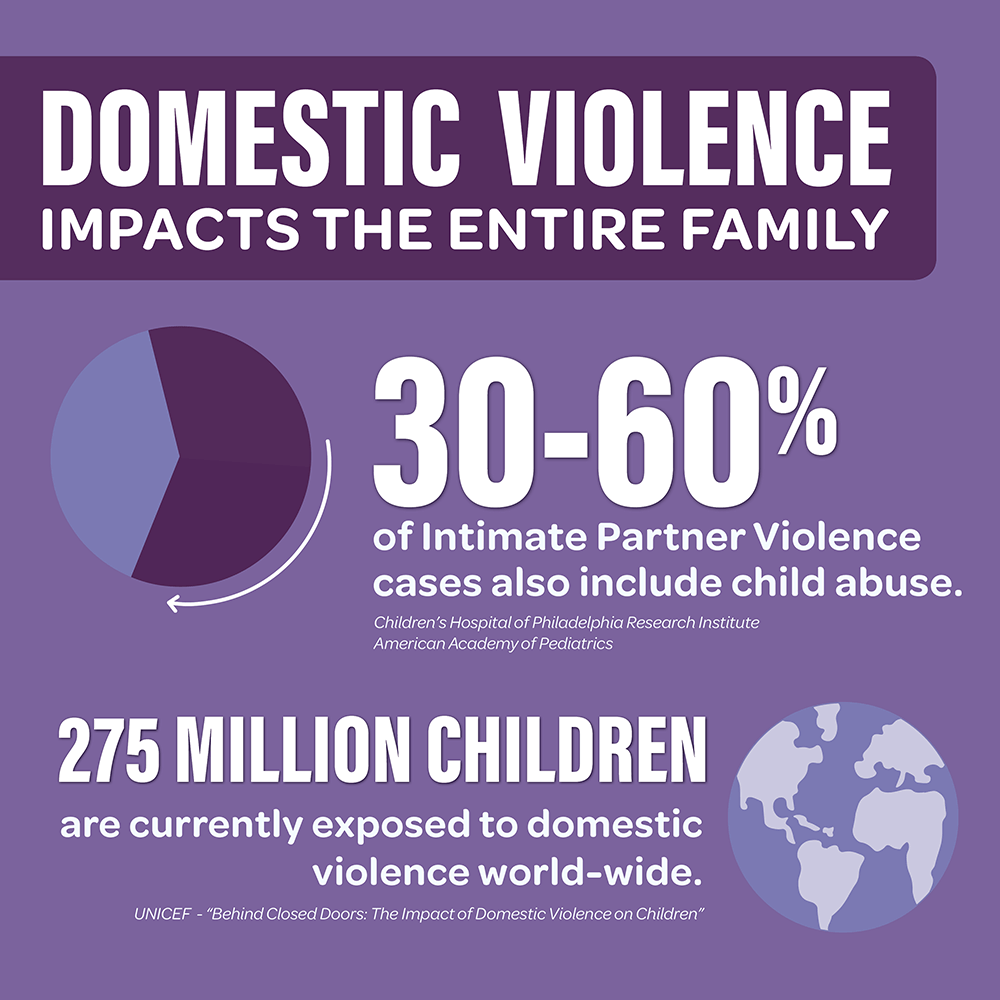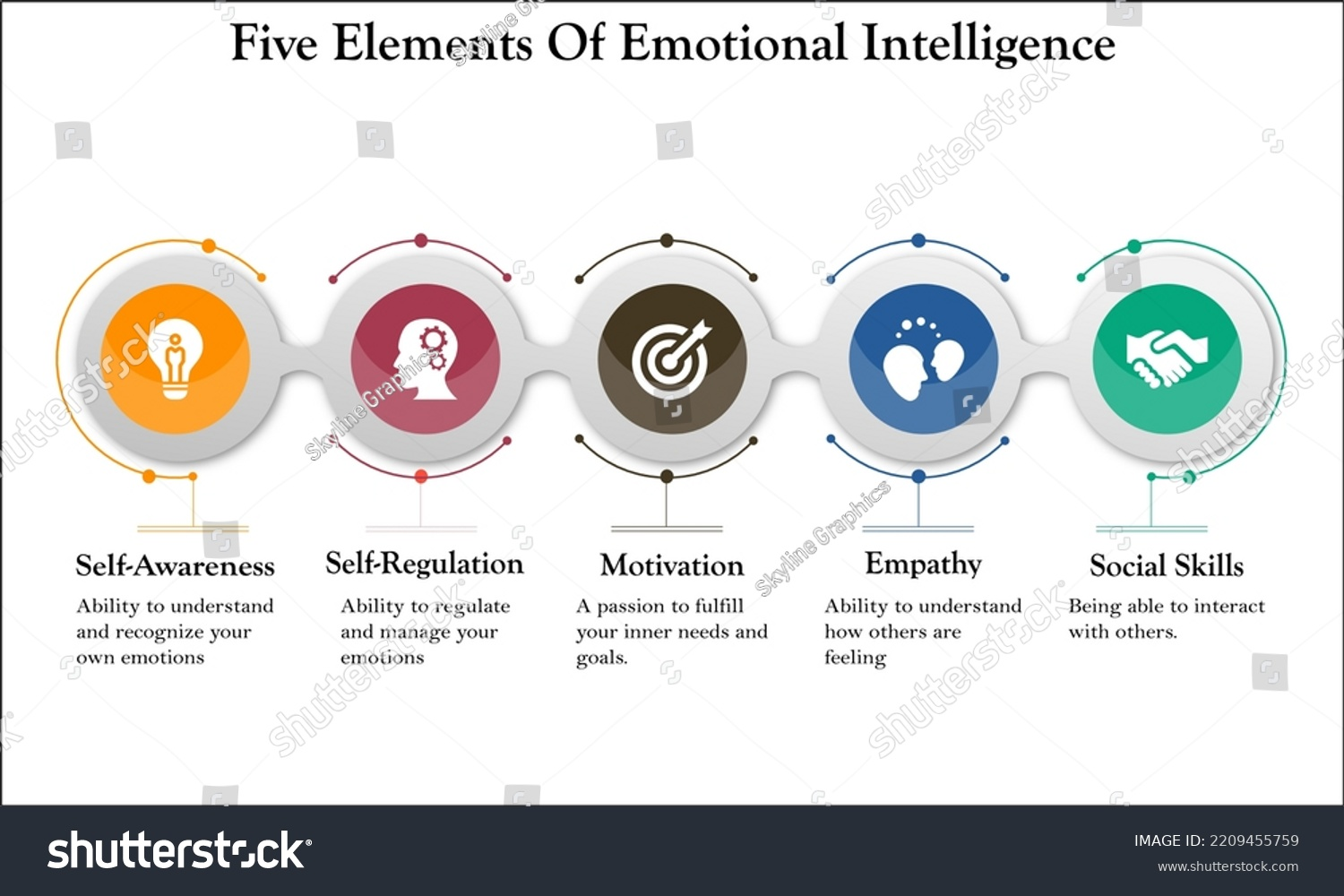Domestic violence remains a pervasive issue affecting countless individuals around the world, and recent studies shed light on the intricate relationship between economic independence and the reduction of such abuse. In the context of Rwanda’s thriving coffee industry, research indicates that women who participate in seasonal labor at cooperative mills experience a significant decrease in domestic violence. This phenomenon highlights the vital role of women empowerment in fostering environments where women can earn their own income, ultimately leading to safer households. By examining domestic violence research and its implications for female labor force participation, we can understand how economic empowerment serves as a powerful tool against abuse. The insights gleaned from the Rwandan coffee sector not only aim to enhance women’s financial standing but also strive to create sustainable changes in societal attitudes towards domestic violence.
Exploring the topic of spousal abuse, we recognize this societal ill as a complex intertwining of power dynamics and financial dependence. In various cultural contexts, the involvement of women in sectors such as agriculture—specifically, the coffee industry in Rwanda—can significantly affect the prevalence of such violence. By focusing on alternative perspectives like women’s economic engagement and labor contribution, we can better comprehend the multifaceted nature of this issue. As research continues to uncover the impacts of economic autonomy on women’s safety, it becomes increasingly clear that fostering environments conducive to female empowerment is essential. Through such initiatives, we pave the way for significant advancements in both individual lives and societal norms, ultimately steering away from the grim reality of domestic violence.
The Role of Economic Independence in Women Empowerment
Economic independence is a critical element in empowering women, particularly in developing countries such as Rwanda. When women enter the labor force and gain their own income, they experience a shift in their social standing. This newfound financial stability allows them not only to fulfill their basic needs but also to make choices that affect their lives and futures. In the context of the Rwandan coffee industry, women taking part in cooperative mills gain not just wages, but a sense of dignity and self-respect that comes from contributing to their families’ income.
Moreover, economic independence significantly impacts women’s ability to negotiate their rights within the household. Women who earn an income are more likely to engage in decision-making regarding family finances, education, and health matters. This empowerment translates into a more equal partnership, reducing the barriers that have historically restricted women’s roles in society. As seen in the study by Deniz Sanin, when women’s roles evolve from unpaid workers to wage earners, it creates a ripple effect that fosters greater gender equality in both economic and personal realms.
Domestic Violence Reduction through Workplace Engagement
Domestic violence is a pervasive issue that affects many communities across the globe, but research shows that women’s engagement in the workforce can help mitigate this problem. In her research on Rwanda’s coffee industry, Deniz Sanin observed a notable decline in instances of domestic violence during the peak harvest months when women were directly involved in wage labor at cooperative mills. The data indicated that in regions with nearby mills, women reported 29% fewer incidents of domestic violence, underscoring the connection between economic participation and safety.
This decrease in domestic violence can be attributed to multiple factors, including increased financial independence and the shift in power dynamics within households. As women contribute economically, their ability to negotiate and assert themselves within relationships improves. In cases where divorce becomes a viable threat, as was facilitated by Rwandan legislation, husbands have a strong incentive to maintain harmony at home, especially when their livelihood depends on their wives’ labor. Sanin’s findings highlight the importance of workplace engagement in not only promoting economic development but also in fostering a safer environment for women.
Empowering Women through Coffee Cooperatives
Coffee cooperatives in Rwanda have emerged as a transformative force for women’s empowerment, providing pathways to economic independence and improved social standing. By participating in these cooperatives, women gain access to fair wages and the means to support themselves and their families. This empowerment is particularly crucial in a country where traditional gender roles can restrict women’s opportunities and rights. The cooperative model not only facilitates income generation but also fosters community solidarity among women, further enhancing their collective bargaining power.
Furthermore, coffee cooperatives are instrumental in providing training and resources that equip women with essential skills. This educational component is vital in helping women adapt to market demands and navigate the complexities of business operations. With the economic foundation laid by their participation in these cooperatives, women can achieve greater stability and autonomy, directly contributing to their overall empowerment and societal transformation within Rwanda.
Challenges Facing Women in the Labor Market
Despite the positive trends observed in women’s employment, significant challenges remain for women in the labor market. Issues such as unequal pay, job permanence, and workplace discrimination continue to hinder the progress toward true gender equity. In many cases, women’s labor is undervalued, particularly in agricultural sectors where their work is seen as an extension of household chores rather than a critical economic contribution. Consequently, addressing these challenges requires concerted efforts from policymakers, employers, and communities to create environments where women’s work is respected and compensated appropriately.
Additionally, societal norms and expectations can impede women’s full participation in the workforce. Cultural attitudes towards gender roles still play a significant role in shaping women’s opportunities and access to certain jobs. In Rwanda, while laws supporting gender equality exist, the implementation and social acceptance of these measures can vary widely. Efforts must be made to not only provide economic opportunities for women but also to challenge and change the societal perceptions that continue to limit their potential.
Impact of Education on Women’s Employment Opportunities
Education is a cornerstone of women’s empowerment and economic independence, serving as a gateway to better employment opportunities. In Rwanda, initiatives aimed at increasing girls’ access to education have proven beneficial, as higher educational attainment often correlates with increased participation in the workforce. Women who are educated not only gain the skills necessary to compete in various job markets but also become advocates for their own rights and the rights of others in their communities.
Moreover, educated women are more likely to pursue careers in sectors outside traditional roles, such as in the Rwandan coffee industry where women can take on leadership positions in cooperatives. In this context, education translates into economic empowerment, which further leads to a reduction in household dynamics that enable domestic violence. Thus, investing in women’s education yields a wide array of benefits, reinforcing the connection between empowerment, economic participation, and improvements in overall community wellbeing.
The Economic Ripple Effect of Women’s Labor
When women participate in the labor force, the effects extend beyond individual households and contribute to broader economic growth. In Rwanda, as women engage in the coffee production process through cooperatives, their contributions bolster local economies and enhance community welfare. This economic activity generates income that can be reinvested into families, leading to improved health outcomes, educational opportunities for children, and overall community development. The economic ripple effect demonstrates how empowering women positively impacts not only their lives but also the societal fabric.
Additionally, the influence of women’s labor on economic growth fosters an environment where social change can flourish. As women’s earning power increases, there is a tendency toward shifting gender norms and increasing support for women’s rights. The investments made in women’s economic participation are thus not only vital for poverty alleviation but also crucial for achieving gender equality and sustainable development goals. The interconnectedness of women’s labor, economic independence, and community prosperity is essential in fostering a more equitable society.
Cultural Attitudes and Their Impact on Women’s Employment
Cultural attitudes significantly influence women’s employment opportunities and experiences in the workforce. In Rwanda, traditional gender roles often dictate the perception of women’s contributions, particularly in agricultural sectors like coffee production. While laws favoring gender equality exist, societal expectations can limit women’s ability to fully engage in the labor market. Understanding and reshaping these cultural narratives is crucial for fostering an environment where women are empowered to pursue their interests and careers without stigma.
Furthermore, changing cultural attitudes requires collaborative efforts within communities, involving men and women alike in advocacy for gender equality. Using educational campaigns and community outreach can help challenge preconceived notions about women’s roles, promoting the idea that women’s employment is beneficial not only to families but to society as a whole. By addressing the cultural barriers that exist, the potential for greater economic independence and reduced domestic violence can be unlocked, leading to holistic development for all members of the community.
The Future of Women in the Rwandan Coffee Industry
Looking ahead, the future of women in the Rwandan coffee industry appears promising, with opportunities for growth and greater empowerment on the horizon. As awareness builds around the importance of women’s contributions, the structural changes needed to support their roles will become increasingly viable. This includes not only improving access to resources and training but also fostering leadership positions within cooperatives where women can influence decision-making processes.
Moreover, as international markets continue to show demand for high-quality Rwandan coffee, the economic potential for women involved in these cooperatives expands. By leveraging their roles in the coffee supply chain, women can advocate for their rights, address issues such as wage disparities, and work toward creating safe environments free from domestic violence. The coffee industry thus stands as a model for how empowering women economically can contribute to broader societal transformation, paving the way for future generations to thrive.
Frequently Asked Questions
How does domestic violence relate to women empowerment in Rwanda’s coffee industry?
In Rwanda’s coffee industry, women’s empowerment plays a critical role in reducing domestic violence. When women work in cooperative mills, they gain economic independence, reducing their vulnerability to abuse. Studies indicate that increased earnings correlate with a drop in domestic violence incidents, especially during the coffee harvest season. This economic independence not only enhances their status within households but also ensures that husbands have a vested interest in their well-being.
What findings have domestic violence research revealed about women’s economic participation?
Domestic violence research has established a significant link between women’s economic participation and reduced rates of domestic abuse. For example, women employed in Rwanda’s coffee sector show a 29% decrease in self-reported domestic violence incidents compared to those without similar employment. This evidence suggests that economic independence empowers women, enabling them to negotiate better terms within their relationships.
How does economic independence influence the rate of domestic violence?
Economic independence serves as a protective factor against domestic violence. Research shows that women earning their own income are less likely to experience domestic abuse. In Rwanda’s coffee mills, where women participate as seasonal workers, a notable decline in domestic violence during the harvest season has been observed, as husbands are economically incentivized to maintain a supportive environment to secure their wives’ labor contributions.
What role does the female labor force play in combating domestic violence?
The female labor force is pivotal in combating domestic violence, particularly in developing regions like Rwanda. By participating in labor-intensive sectors such as coffee production, women achieve economic independence, which enhances their decision-making power within the household. This shift in power dynamics often leads to a reduction in domestic violence, as evidenced by the significant decline in abuse reported by women engaged in the coffee industry.
What impact do cooperative mills have on domestic violence rates among women in rural Rwanda?
Cooperative mills significantly impact domestic violence rates among women in rural Rwanda. The establishment of these mills has allowed women to transition from unpaid family labor to paid employment, resulting in lower incidents of domestic abuse. Research shows that in areas served by new mills, domestic violence hospitalizations decreased by 14%, highlighting the direct correlation between women’s economic roles and their safety.
| Key Point | Details |
|---|---|
| Study Focus | Examines the impact of women’s employment in Rwanda’s coffee industry on domestic violence. |
| Researcher | Deniz Sanin, development economist studying women’s empowerment and domestic violence. |
| Key Findings | Women working in coffee mills experience lower rates of domestic violence during harvest season. |
| Economic Empowerment | Increased income gives women more negotiating power, reducing domestic violence incidents. |
| Research Methodology | Utilized data from Rwanda’s health records and demographic surveys to assess domestic violence cases. |
| Cultural Comparison | Findings contrast with studies from Ethiopia, where cultural norms impact domestic violence differently. |
| Conditions for Impact | For employment to reduce domestic violence, women must have divorce as a viable option and economic benefit must be evident to men. |
Summary
Domestic violence remains a critical issue globally, with economic empowerment playing a significant role in addressing it. Research indicates that as women engage in paid work, such as in Rwanda’s cooperative coffee mills, rates of domestic violence decline, especially during the peak harvest season when their labor becomes integral to family income. This correlation highlights the importance of economic independence and gender equality in combating domestic abuse, suggesting that enhancing women’s opportunities and financial power can lead to healthier, safer households.



